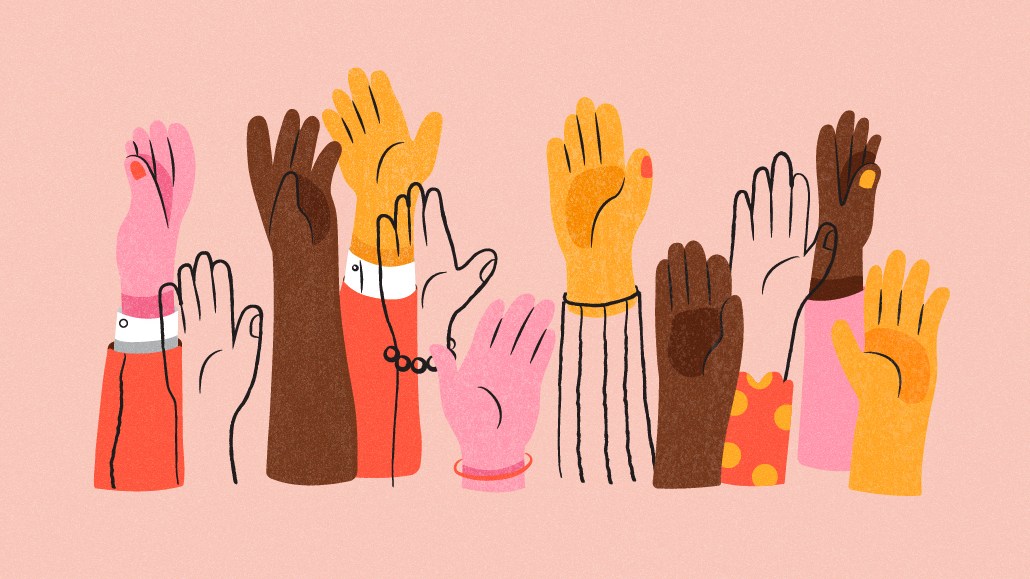Views: 4103
By Tony Case • November 29, 2024 •

Ivy Liu
The article was first published by Digiday sibling WorkLife
In a move that sent shockwaves through HR departments, Walmart announced significant changes to its DEI initiatives, becoming the largest company to date to scale back such programs.
The retail giant’s decision includes withdrawing from the LGBTQ+ advocacy group Human Rights Campaign’s Corporate Equality Index and ending its practice of prioritizing suppliers based on race or gender criteria. Notably, Walmart also chose not to renew its five-year commitment to a racial equity center established in the wake of George Floyd’s death in 2020.
The announcement follows similar moves by other big corporations, including Ford Motor Co., Lowe’s and Toyota, signaling a broader shift in how American companies approach workplace diversity and inclusion. Conservative activists have turned up the heat on corporate DEI policies, which has only intensified following this month’s U.S. elections, which conservatives swept.
Meanwhile, workers’ views of DEI programs have become slightly less supportive, according to a recent survey by Pew Research Center. Employees are now somewhat more likely, versus a February 2023 poll, to say their companies pay too much attention to DEI and that focusing on it is mainly a bad thing.
While some companies have chosen to dial back their DEI commitments, others, including Amazon, JPMorgan Chase and Target, are standing firm. In September, JPMorgan Chase CEO Jamie Dimon said of DEI programs , “It’s good for business, it’s morally right, we’re quite good at it, we’re successful.”
“We’re seeing a fundamental rethinking of how organizations approach DEI,” said Dana Daher, analyst and practice leader at HFS Research. “The primary concern isn’t just the public abandonment of corporate commitments but, rather, the long-term impact on business operations as disparities — particularly at the leadership level — will remain and continue to widen without formal policies in place.”
Eric Mochnacz, director of operations at HR consultancy Red Clover, points to corporate fear of consumer backlash as a key driver of the trend. “Companies will often shift their perspectives and approaches based on the outcome of elections,” he said. “The big difference right now is, I think, a number of these companies are legitimately afraid of retribution this time around either …
Related
Discover more from 25finz, L.L.C
Subscribe to get the latest posts sent to your email.


No comments yet. Be the first to comment!
You must be logged in to post a comment. Log in